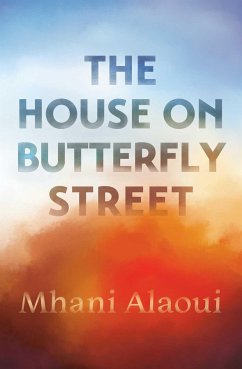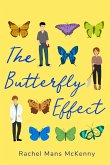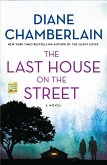In a country where the precarious rights of women and children can be reversed in an instant, legacies of enslavement and quiet resistance still reverberate across time. Present-day Casablanca, Morocco: Nadine Alam, a physician by training and housewife by choice, has reached her hour of reckoning. Her marriage has broken down, her teenage daughter Al has retreated into silence, and now her young housekeeper Ghalia has disappeared under mysterious circumstances. One morning, Nadine receives an envelope from an unidentified sender. Inside it is a newspaper clipping, an article about a single mother and her newborn child, a boy named Noor—typically a name given to girls, meaning light. Nadine’s country is one where single mothers and children born out of wedlock are considered pariahs, outside the protection of the law. Why would a journalist disclose the child’s name? And why was she sent this clipping? Nadine embarks on a search that takes her into a Casablanca she barely knew existed, into her own family’s history and her country’s past, in which her family is entwined. A vivid, kaleidoscopic portrait of a Casablanca household.








